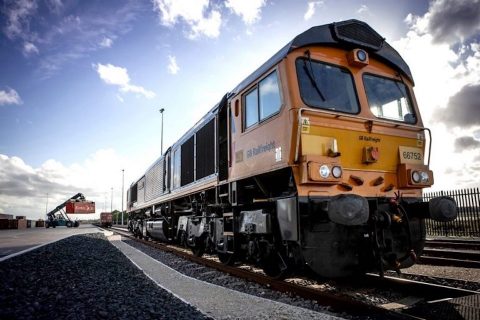Supply chain disruption has silver lining for shippers

The lingering disruption to the global supply chain has proved a severe strain on business and industry around the world. However, not everyone has been affected in a bad way. Many shipping agents are reporting record profits and all those containers piled up on the quaysides need to be paid for.
Do you want to read the full article?
Thank you for visiting RailFreight.com. Become a member of RailFreight Premium and get full access to all our premium content.
Are you already a member?
Having problems logging in? Call +31(0)10 280 1000 or send an email to customerdesk@promedia.nl.




